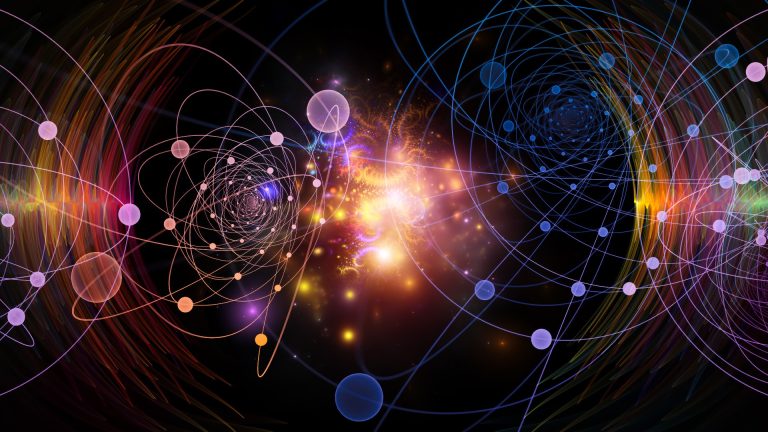fundamental research
OUR RESEARCH
PROTECTING HUMANITY
THOUGH TECHNICAL ADVANCES
IN APPLIED
SCIENCE- RESEARCH AT LeadarZ LLC
There is no time to waste. There must be a hard fast driven methods to accelerate our outcomes. If Mistakes occur it will force us to explore alternatives. This will require us to re-examine an issue and think creatively to find or develop other solutions or approaches. Mistakes teach us what doesn’t work and encourages us to create new ways of thinking and doing.
‘You never achieve what you want without falling on your face a few times.’” As Quoted by Apple’s Creator Steve Jobs.
“Applied research is a type of scientific inquiry that focuses on developing practical solutions to real-world problems. It involves the use of existing knowledge, theories, and techniques to address specific problems or challenges in a particular field or industry.”
The results of applied research are typically intended to be directly applicable to the real world, and may involve the development of new products, technologies, or processes.”

Opening a Research Lab for Quantum Physicists and Scientists requires a variety of specialized tools and equipment. Here are some of the essential tools required for the Quantum Research Lab.
Using Artificial Intelligence (AI): Physicists have compressed a daunting quantum problem that until now required 100,000 equations into a bite-size
task of as few as four equations—all without sacrificing accuracy. The work, published in the September 23, 2022, issue of Physical Review Letters, could revolutionize how scientists investigate systems containing many interacting electrons.

Quantum Computing Hardware: A Quantum Research Lab requires access to Quantum Computing Hardware, which is the fundamental tool used for conducting research in quantum information and quantum computing.
Cryogenic systems: Cryogenic systems are required to keep quantum devices and materials at extremely low temperatures. This is necessary because quantum systems are highly sensitive to thermal noise and other forms of interference that can disrupt their quantum states.
Lasers: Lasers are essential for creating and manipulating quantum states of matter and light. Quantum Research Labs require a range of lasers, including pulsed lasers, continuous-wave lasers, and ultra fast lasers.
Optical and Electronic Measurement Equipment: A variety of optical and electronic measurement equipment is required to measure and
characterize quantum systems, including spectrometers, oscilloscopes, and signal generators.
Vacuum Chambers: Vacuum chambers are used to create environments with extremely low pressure or no pressure at all.This is essential for many quantum experiments, where even small amounts of gas can interfere with the system being studied.
Magnetic Fields: Magnetic Fields are used to manipulate the spin of electrons and other quantum systems. Quantum Research Labs require access to strong and precise magnetic fields.
Clean-room Facilities: Quantum Research Labs require clean room facilities, which are rooms that are specially designed to minimize contamination by particles and microorganisms. This is necessary because quantum systems are highly sensitive to their environment.




